Saturday, October 6, 2018
10:00am
Q-College, Suite 303 – 771 Vernon Ave, Victoria, BC
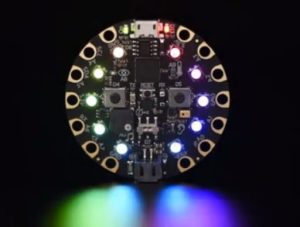 A shallow Dive into Adafruit’s Circuit Playground Express
A shallow Dive into Adafruit’s Circuit Playground Express
The Circuit Playground Express is a small, cheap($32) dev board from Adafruit Industries designed to introduce electronics and programming to the novice. It’s built around an ATSAMD21 ARM Cortex MO processor and is programmable with either circuitpython or Microsoft’s ‘Makecode’ block programming interface. The board also houses a variety of sensors (motion, temperature, light, touch), buttons, a slide switch and IR transmit/receive capability. In this presentation I’ll demo some of the easier projects that I’ve mastered and maybe include something using the Adafruit Crickit, and add-on board for the CPX designed for simple robotics. See the reading list here.
Hosted by Paul and Craig Miller
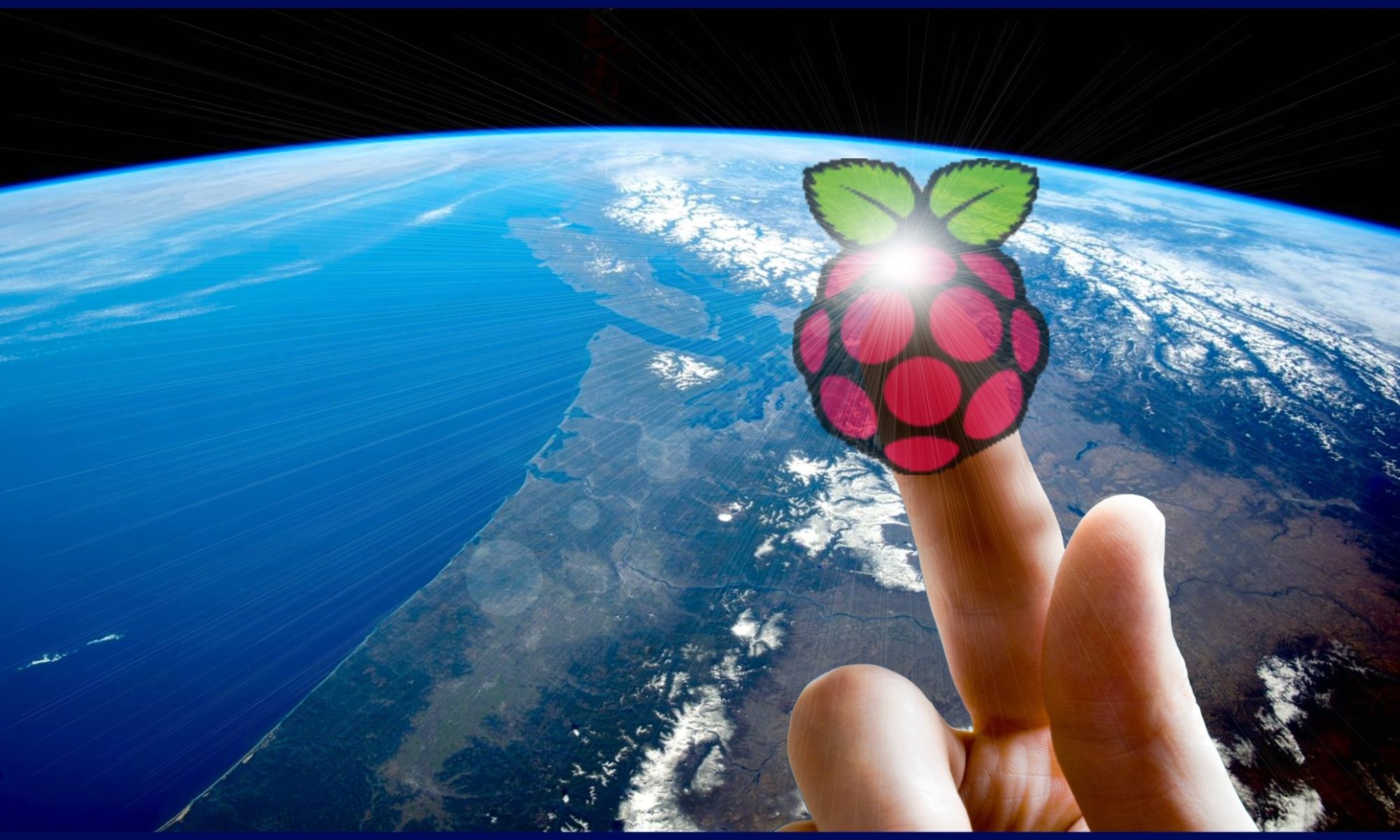
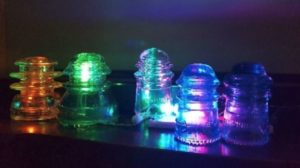
 Two views of Statistical Programming. The second in the series. R is a programming language and free software environment for statistical computing and graphics that is supported by the R Foundation
Two views of Statistical Programming. The second in the series. R is a programming language and free software environment for statistical computing and graphics that is supported by the R Foundation
 10:00am
10:00am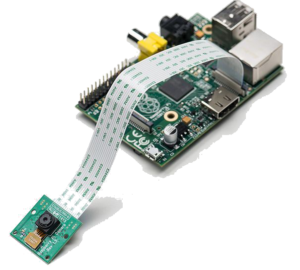 Andrew will share with us his trials and testing with IP -based Cameras, and integration with the Raspberry Pi.
Andrew will share with us his trials and testing with IP -based Cameras, and integration with the Raspberry Pi.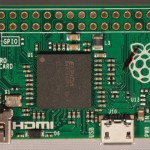 Tuesday, November 21, 2017
Tuesday, November 21, 2017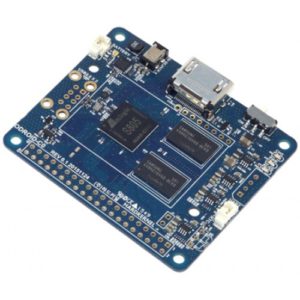 Introductiion to the ODROID, a ARM 64bit 1.5Ghz quad core single board computer!
Introductiion to the ODROID, a ARM 64bit 1.5Ghz quad core single board computer!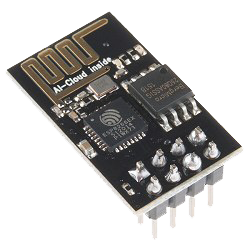 The Internet of things now can control things wirelessly. Control of things using inexpensive radio frequency switches (operating on 433 Mhz) and an ESP8266 micro controller.
The Internet of things now can control things wirelessly. Control of things using inexpensive radio frequency switches (operating on 433 Mhz) and an ESP8266 micro controller.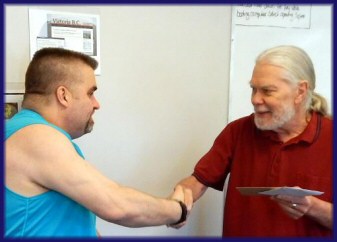
 Saturday, June 10, 2017
Saturday, June 10, 2017